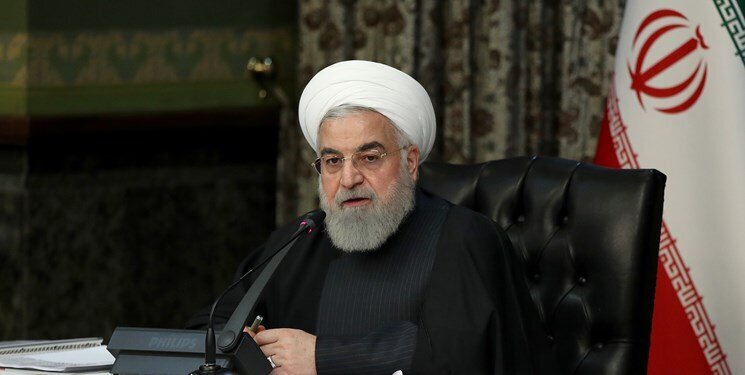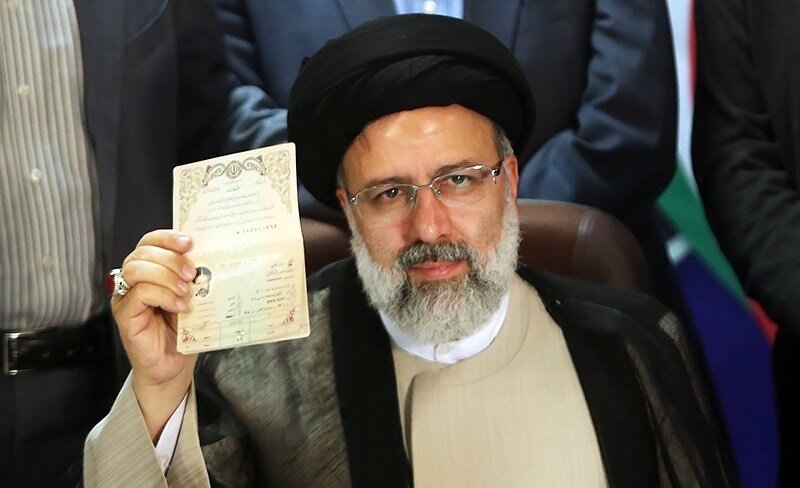The recent Iranian presidential election has seen the Head of the Judiciary, Ebrahim Raisi, elected with 60% of the vote with a record-low turnout.
The Guardian Council, the political body in Tehran that organizes elections, disqualified more moderate candidates even before election season began, practically paving the way for Raisi’s victory, something which made Human Rights Watch label the election as an “oppressive and unfair”.
A man from the religious branches of the Islamic State in Iran, Raisi is renowned for having a chief role in a period of mass executions in the late 80s, in which between 2,000 and 4,000 political prisoners, mostly members of the People’s Mujahedin Organization of Iran, a group designated as terrorists by Tehran and Baghdad, were killed.
Nevertheless, heads of state both Shia and Sunni came out in support of Raisi, with the leaders of Turkey, the UAE, Yemen, Pakistan, Hamas, Jordan, Qatar, Kuwait, Iraq, and Syria all issuing congratulations and hopeful statements about “working together”.
The State Department shed crocodile tears for the Iranian voters citing election fraud claims while saying they will continue the Vienna conference talks on the revival of the nuclear deal.

Raisi — Hawks’ delight
There is very little common ground between anti-Iran, anti-Ayatollah American thinktankers and politicians, and their opposite numbers in Tehran, but getting a hardline, right-wing, anti-American into the highest political office in Persia is one of them, strange as it sounds.
Raisi was described as “the true face of the Islamic Republic, while Rouhani is a façade,” by legacy regime change neocon hawk Elliott Abrams, who wrote an essay entitled: “Why I’m Rooting for the Hardliner in Iran’s Elections: Two cheers for Ibrahim Raisi!”
Senior Research Associate at the National Iranian American Council Sina Toosi, details for Responsible Statecraft how right-wing hardliners in both nations use each other’s rhetoric to legitimize their position.
“The ongoing negotiations that began in April in Vienna to restore the 2015 nuclear deal showcase the degree of common interests between hardliners on both sides,” he wrote. “The anti-diplomacy efforts of right-wing forces in the United States are playing right into the hands of Iran’s most zealous elements, who require anti-Americanism as a legitimizing force. Hardline opponents of the moderate Rouhani administration in Iran are themselves currently in a fury to stop the Vienna talks and the nuclear deal’s revival”.
A progressive writer during World War I, Randolph Bourne described war as “the health of the state,” a quote he’d become famous for. With both war hawks in Tehran and in Washington preferring Raisi, Bourne’s assessment seems of paramount importance.
However, with the fifth round of talks regarding the reentry of Iran and the U.S. into compliance with the Nuclear Deal, and a sixth round in the making, Raisi has said publicly he will look to implement the Supreme Leader Khamenei’s decision to negotiate with the West.
“We will be committed to the JCPOA as an agreement that was approved by the supreme leader,” Raisi said during a debate on June 12th.
In the fifth round of talks in Vienna, Deputy Foreign Minister Seyed Abbas Araghchi tried to hand whatever moderates were left in the running for president a victory point when he stated “there are some key issues that need to be resolved and there is agreement on the rest”.
But Raisi was always the suspected winner, and talk that the hardline cleric with his strong understanding of “Ijtihad” (Sharia jurisprudence) would be the successor to Khamenei made it even more forgone.
Israeli Prime Minister Naftali Bennet described Raisi as the “hangman of Tehran,” during his first official cabinet meeting. Raisi’s support of Palestinian freedom could be a major regional security concern, as retaliation for hostile Israeli actions, such as the assassination of Iranian nuclear scientists, is probably a much greater possibility than under former-President Rouhani.
Time will tell, but for now, hawks on both sides of the Atlantic seem to have gotten their wish at Rouhani’s departure. WaL
PICTURED ABOVE: Current-President Ibrahim Raisi registering as a presidential candidate during the 2017 election season. Photo credit: Tasim News Agency. CC 4.0.
If you think the stories you’ve just read were worth a few dollars, consider donating here to our modest $500-a-year administration costs.



